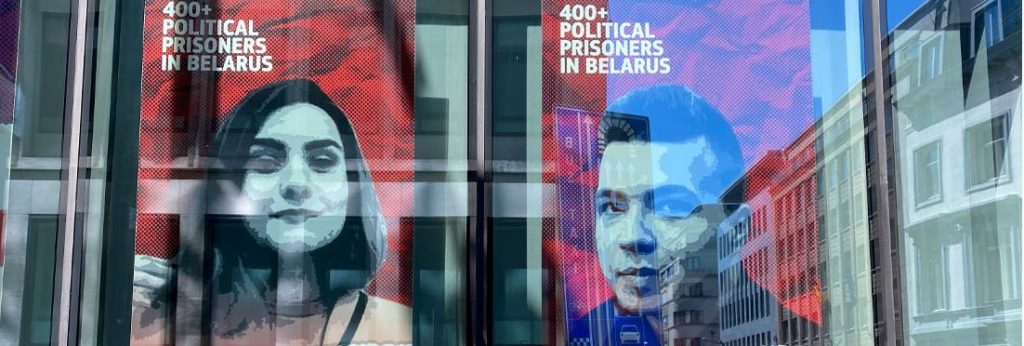The September 2021 Duma elections in Russia will define the composition of Russia’s lower house of parliament for the next five years. They come at a testing time for the Pro-Putin ruling party Edinaya Rossiya, whose popularity has plummeted following the controversial decision to raise the state retirement age in 2018 and, more recently, its mishandling of the pandemic.
This IBA Global Insight podcast looks at the continued efforts by the Russian authorities to suppress dissent and silence critics like Alexei Navalny and what these measures mean for the rule of law.
With:
- Maria Logan, legal counsel to Mikhail Khodorkhovsky during the Kremlin critic’s imprisonment in Russia for fraud
- Galina Arapova, Director, Mass Media Defence Centre, Voronezh; human rights lawyer
- Sir Tony Brenton, the United Kingdom’s Ambassador to Moscow, 2004-2008
Released on 07-09-21. Listen here





